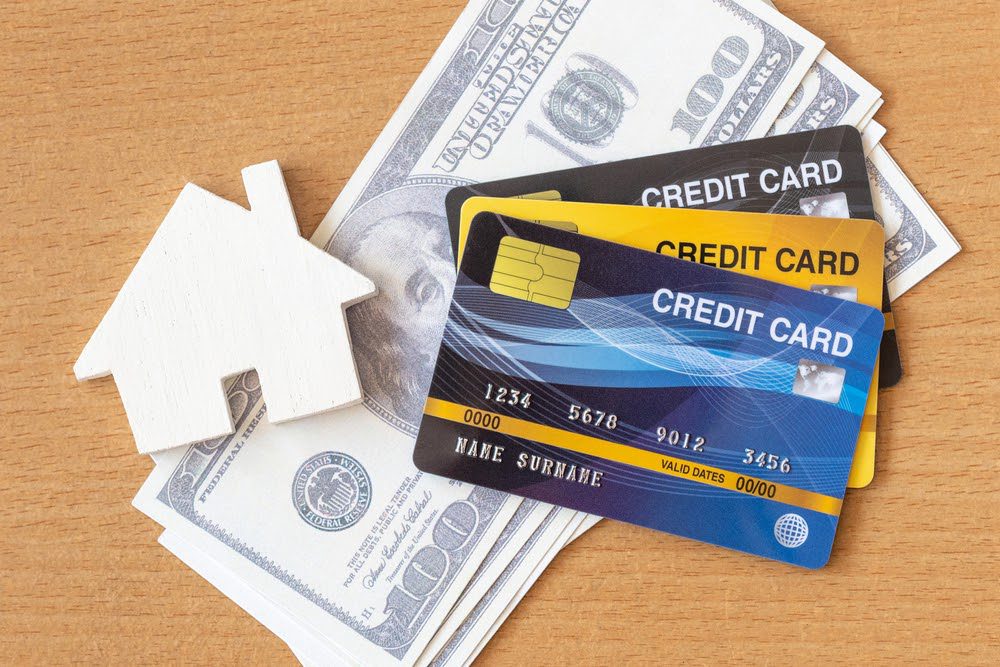
Your credit score is essential when buying a house in Orlando, FL. Not only does it affect your ability to qualify for a loan, but it’ll also have a substantial impact on your home loan terms. However, you don’t need to have a perfect score to apply for a mortgage. There are some instances where you can still apply for a loan even when you’re in the 500s.
When lenders and other financial institutions decide whether you’re eligible for a loan, they typically start with your credit history. Once you submit your mortgage application, they’ll review your credit reports immediately. Then, they’ll see if they’re willing to issue you a mortgage and how much they’re ready to lend you. Your score also affects how much they’ll charge you when it comes to your interest rates.
If you have a low credit score or don’t have any credit at all, here are a few ways to help you build your credit score fast. Doing so will make it easier for you to get a house.
Practical Ways to Build Your Credit Score Fast

Check Your Credit Reports
The first step you need to take is learning as much as you can about your credit standing. It means looking at your credit score intently and getting your credit reports from the top three credit bureaus. From there, check if it accurately reflects your credit history. Getting all three reports doesn’t mean that you’ll get comparable data from all three bureaus. There will be slight differences between all three, which shouldn’t cause you any alarm.
Once you get the reports, the things that you need to review are your existing high account balance and past-due accounts. Then, check if there are any loans or credit accounts that shouldn’t be under your name. Once you’ve reviewed the credit scores, it’s a practical idea to check your FICO Score. A credit score infuses your credit report into a three-digit number. If there are improvements with your credit reports, your credit score will likely increase.
Limit Your Huge Spending

Any time you take on massive debt or get new credit, chances are that lenders and credit scoring models will likely assume that you’ll fail. For that reason, a credit check associated with getting a loan application could slightly cause your credit scores to drop. However, these reductions are often a few points each, so your credit score will likely recover in a few months.
Beyond credit scores, most mortgage lenders consider your entire debt load in comparison with your monthly income. Also known as the debt-to-income ratio, lenders will consider your DTI to determine how much loan you’ll get approved for. So it’s only practical to avoid making any substantial purchases using your credit card, especially if you’re planning to apply for a mortgage.
Reduce Your Credit Card Debt
Limiting your purchases can help, but it’s also essential to reduce your existing debt to help you with your credit history. Consolidating your credit card balances is an excellent way to reduce your current debt. Paying all your debt is an ideal goal, but it isn’t always possible for everyone in a year. It’s highly advisable to create a strategy to help you tackle everything.
One of the most significant factors that can affect your credit score is the credit utilization ratio. It’s your credit card’s borrowing limit percentage that represents your outstanding balance. You can compute your credit utilization ratio by adding the balances on your credit card altogether. Then, you can divide it by your entire credit limit.
For instance, you have an existing credit $1,500 balance on Credit Card A with a borrowing limit of $5,000. Meanwhile, you have a $2,000 balance on both cards B and C, each with borrowing limits of $4,000. You can add the entire balance for all cards to get the overall balance and then divide the sum based on all three credit card borrowing limits.
Ready to Get a New House Soon?
These are only a few of the things you can do to prepare your mortgage application’s credit score. Putting your best credit profile forward can help you achieve the highest savings as you start the process of buying a home. Coincidentally, it’s also one of the best tips for first-time homebuyers that you can follow.
